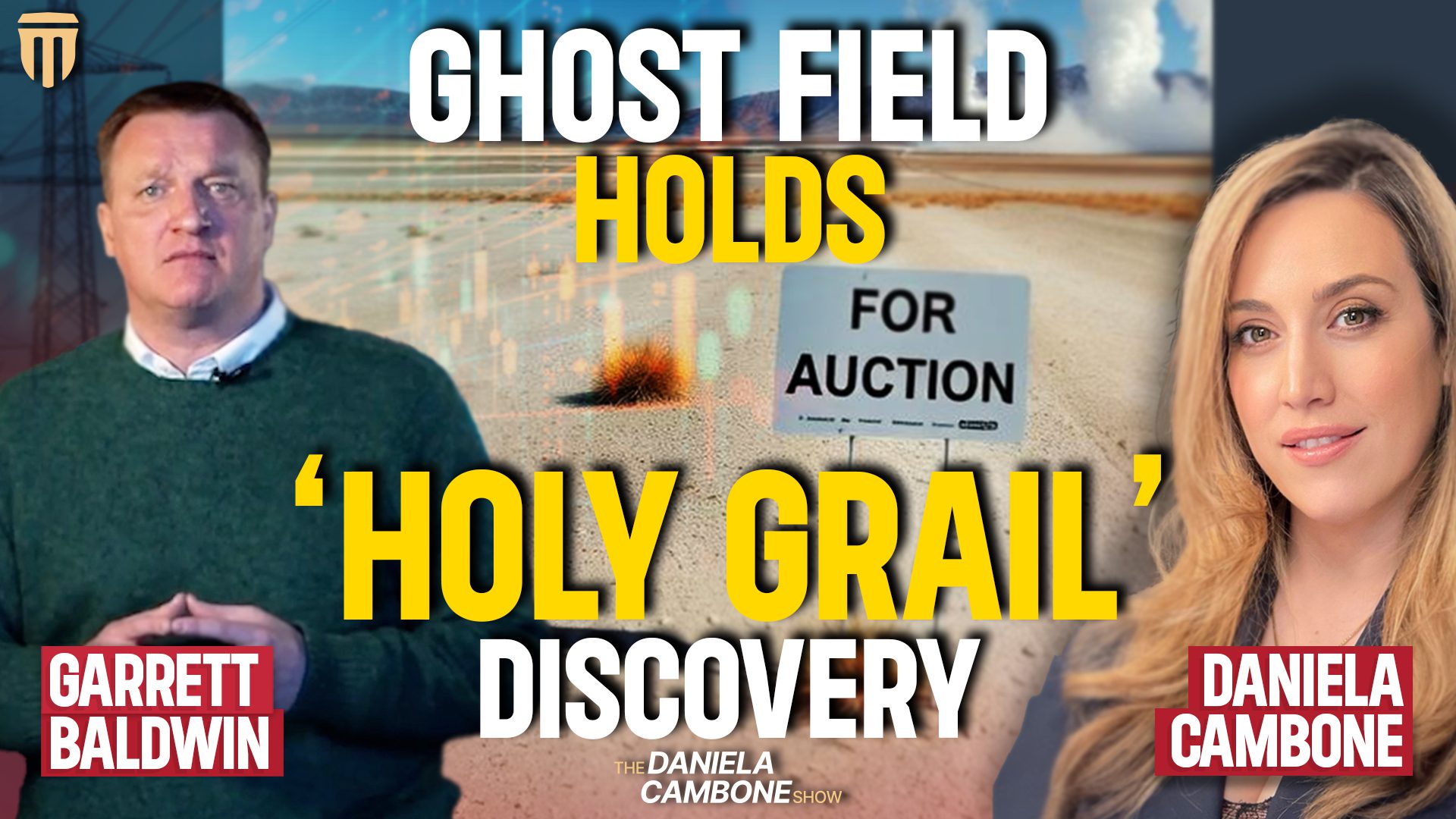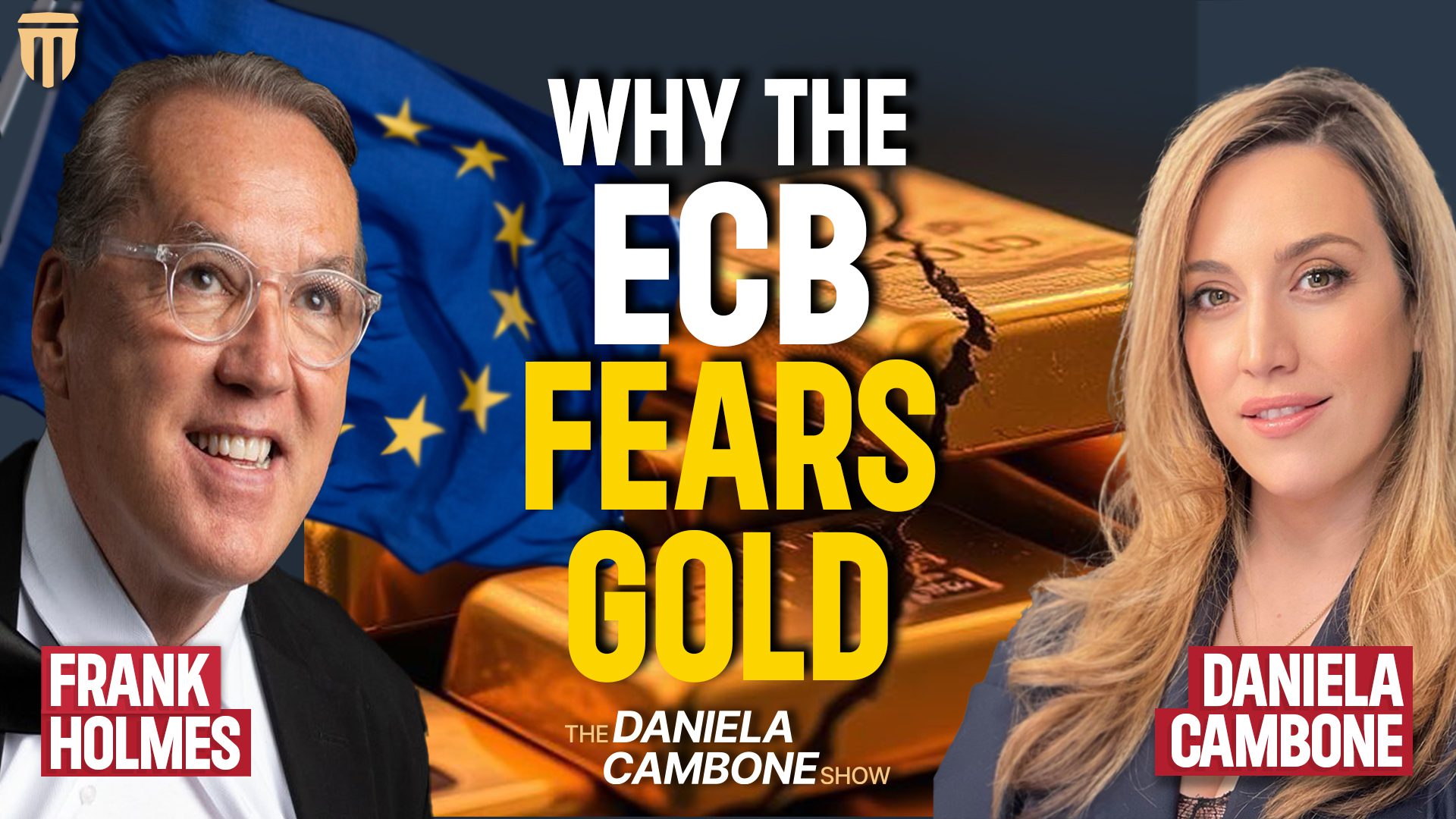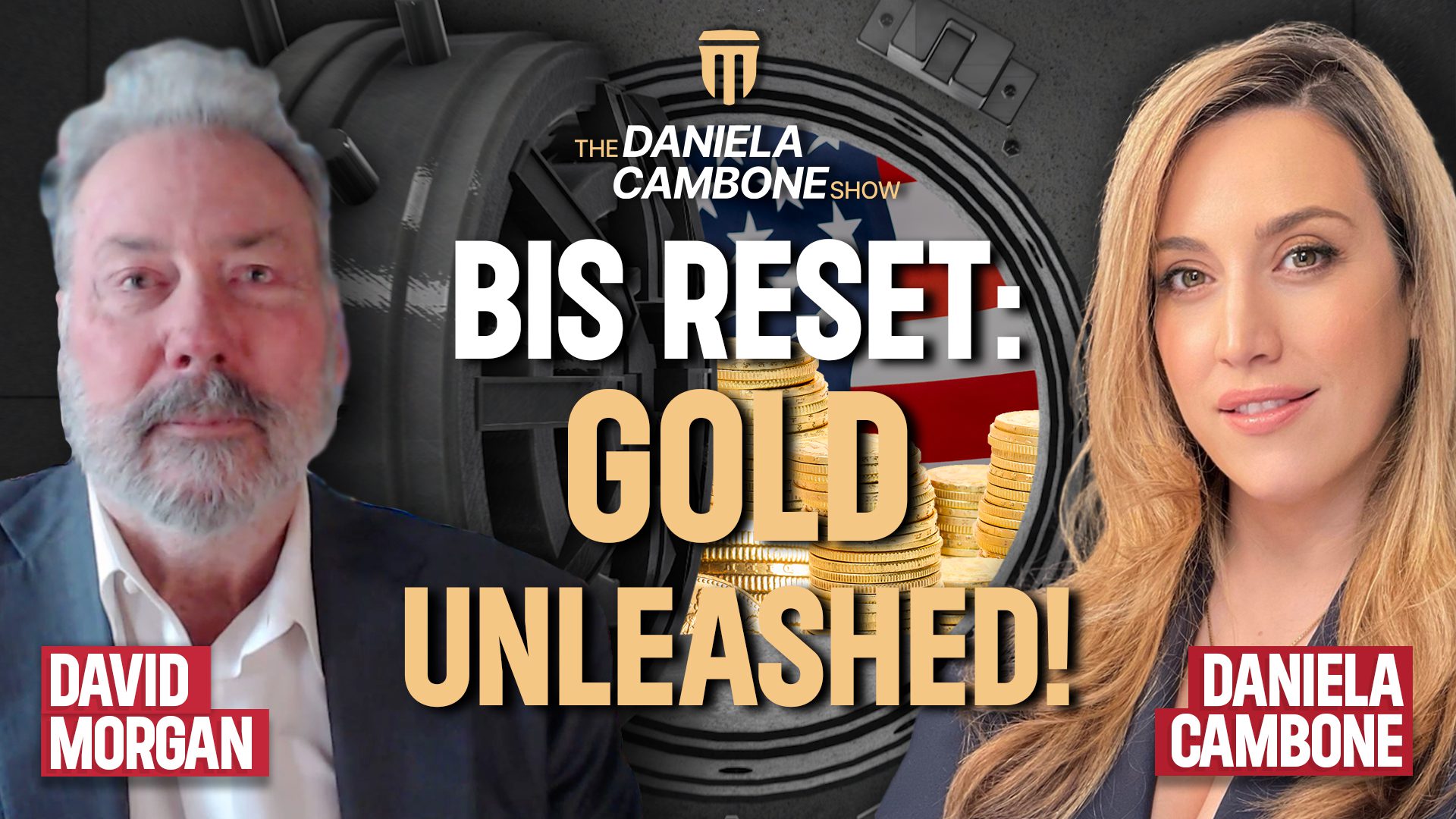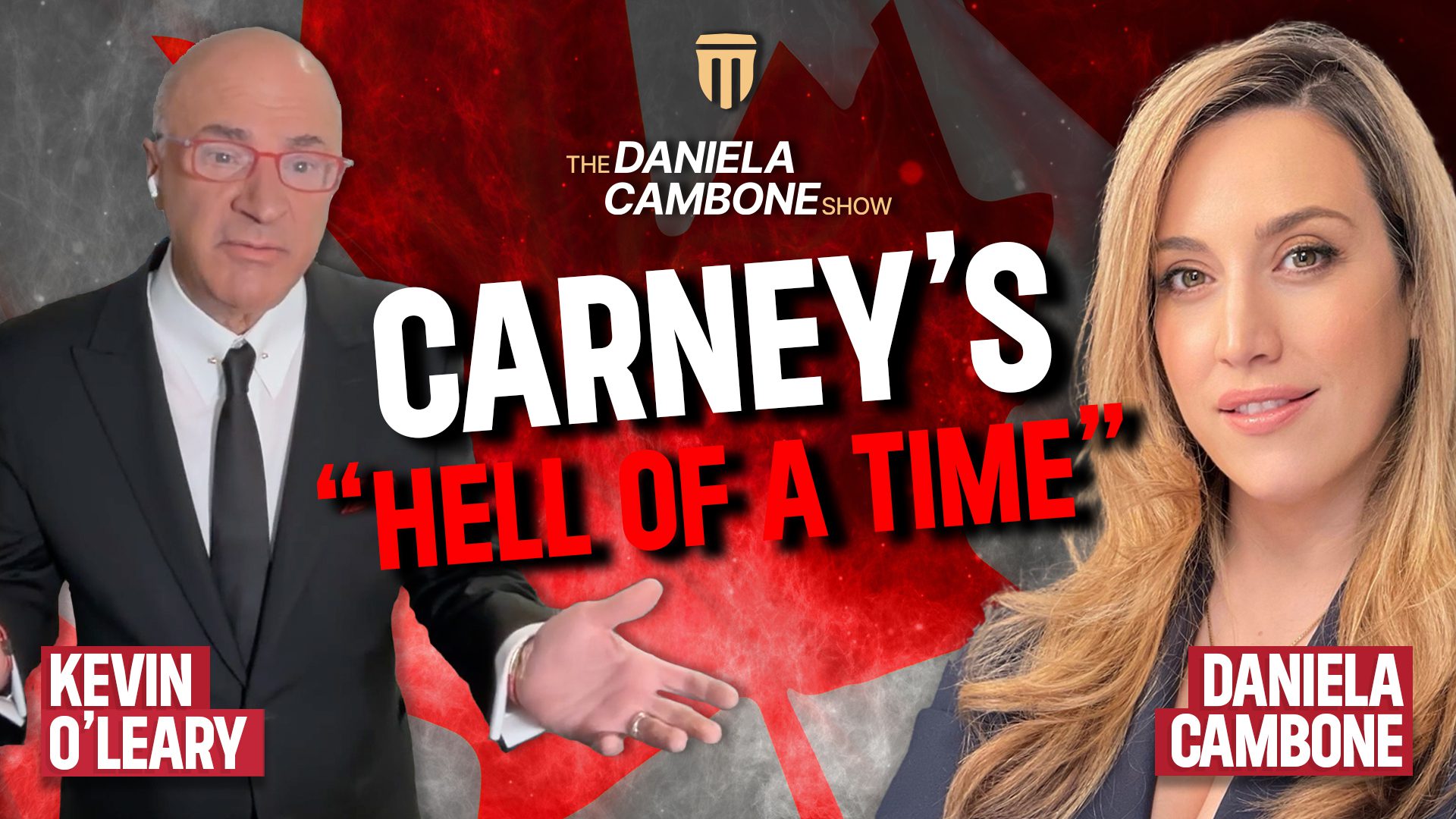Why A 1000 Point Crash In The Dow Can Mean All Hell Is Breaking Loose

A few weeks ago the Dow market opened to a very sharp decline. In fact, the market suffered a 1000 point crash in the first opening hour. Tumultuous days of trading ensued, with wild swings happening intraday, and the closing bell seeing both the high positive and negative sides of gains and losses respectively numbering in the hundreds of points. Of course, those who were there or those were watching closely remember that just prior to the market meltdown of 2008, the capitulations in the stock market, (including a 1000 point crash) looked quite similar.
If you don’t follow the markets, then you would be much more susceptible to believe the hype that is being bandied about that swings of 500, 600, 700, 800 points both to the upside and downside are perfectly normal and perfectly healthy and represent a form in which financial gains can come easy to the savvy investor who can stomach the market swings.

The DOW Has Crashed More Than Once, And It Will Crash Again.
Today the markets have only been open a few hours, and they are reporting that the Dow is down about 150 points in choppy trading. I have been critical of the reporting that surrounds and seems to cherish the stock markets and the bankers that fund them before, and in this article my aim is to do a little true reporting and pull back the curtains and expose some of what really happens in the world of high finance and international banking so that you can see for yourself the violent swings to the upside and/or downside can be a predecessor and dire warning pointing to market crashes like we have seen happen almost cyclically here in the United States.
For instance, did you know that the bank meltdowns and the ensuing crash of the Dow, NASDAQ, and S&P markets of 2007 to 2009, were touched off by problems in Iceland? It’s true. We live in a global economy where international bankers have spread their tentacles and slippery promises of easy wealth into nearly every corner of the world. In short, bankers in Iceland did (probably with the help of some greasy international bankers) what many bankers around the world do, they borrowed way too much money to “invest in or buy” market instruments that should yield a steady growth and therefore produce profits without work.

It May Be Hard To Believe That The Financial Crisis Of 2007-2009 Began In Iceland, But It Did.
Prior to bankers and international bankers being “deregulated”, there were rules that they had to follow, and one of those rules was known as the Glass-Steagall Act. Glass-Steagall prohibited banks from investing the money of their clients in risky transactions, and Glass-Steagall also regulated much more closely the amount of debt the Corporation or bank was allowed to incur.
Once the bankers had Glass-Steagall repealed, because the act was to “restrictive to the institutions and the profits that they may produce” borrowing excessive amounts of money to invest in newfangled banking products that touted easy returns but lacked any historic trading value, became the norm. In Iceland, bankers borrowed more than the Gross Domestic Product of the entire country (the total value of all goods and services produced in that country for an entire year) and purchased the latest round of paper investments being hawked by Wall Street stockbrokers and investment advisors and ended up with a very impressive pile of CDO’s and the like.
A CDO is a collateralized debt obligation. These CDO’s were ranked in many cases AAA, and were supposed to be safe. Interestingly enough however, a lot of little pieces and parts that went into building a CDO were what was called “sub-prime mortgages” that definitely did not rate AAA. It used to be in the United States that home-ownership and buying real estate was part of the American dream, and if you chose a mortgage as a way to buy property, rather just saving up and paying cash for it, then you paid your mortgage and lived in your house until it was paid for and you died. Today, with the newfangled banking loan products and mortgage services, buying or refinancing a house can be just as or even more common for an individual is buying a new car. So, when investment banks bundled together mortgage loans that were probably never going to be paid off in the first place, and were made to bank customers who probably could not afford the long-term terms of the loan, you would expect the resulting financial investment instrument to have a somewhat shaky rating and perhaps an enticingly high return rate, but that was not the case.
Instead, the investment agencies pay ratings agencies to rate their new investment product so that when they take the product to market they can point at the high rating that they bought as definitive proof that this investment product is stable and will return gains.
So, in essence Iceland was talked into or sold the idea of borrowing tons and tons of money at a low interest rate so that they could purchase the CDO’s and other investment vehicles that would return more in profits than the cost of the loans thus creating something out of nothing. In fact, this is the oldest and only story in the banker book.
The banker will loan you your dreams, at interest of course, and in the end the bankers end up rich, and you end up with a nightmare and payments, but I digress. This, however, is only part of the story. While the bankers and investment houses were selling these CDO’s around the world and touting the AAA ratings that they purchased, they were secretly worrying about and verbally trashing these investments. In fact when it became obvious that the investments would probably fail and leave banks with liabilities, the bankers began looking for a way out. Their way out came in the form of unregulated credit default swaps, otherwise known as a CDS.
A CDS, is basically like an insurance policy on a CDO, so basically if you sell CDO’s that you think might fail you can buy insurance in the form of a CDS so that when your CDO goes bust, somebody else is on the hook instead of you. This may sound simple and aboveboard, but when you get bankers involved nothing is simple and aboveboard.
Once it was determined that you could inexpensively purchase a CDS to back a highly profitable but low value CDO, this became the norm and banks actually ended up betting against the very investment products they were selling because through a CDS they could purchase a guaranteed payday for when the investments failed! And it gets better! Because banks and insurance companies (an insurance company is just a better capitalized bank) were no longer regulated by Glass-Steagall and other laws meant to keep bankers and check, the bankers decided that anyone can buy a CDS regardless of whether or not they have a stake in what the CDS is ensuring or “swapping out the responsibility of paying the default”.
Let me explain in everyday terms what it means when any entity can purchase a Credit Default Swap against another entity or financial fund or product that they have no equity in. Let’s say for instance that you have a next-door neighbor but likes to drive too fast and everybody on the blocks says that one day he’s going to kill himself driving that way. And let’s say that neighbors name is Bud. Well, Bud is the only one who has to pay his car insurance, and his rate is based on his driving record, but because Bud has a AAA rated driver’s license, his car insurance is low even though he drives like a maniac. If Bud crashes his car the insurance company will write one check and replace one car.
Now let’s pretend Bud trades in his old Chevy Vega for a new Porsche twin turbo. And now let’s pretend that instead of going to the gym every day like Bud used to do, but now likes to go to the club and drink expensive champagne and imported beers. And now, to make Bud and his twin turbo Porsche a little bit more like the subprime mortgage laden CDO’s, let’s give Bud glaucoma, and cut the brake lines to his expensive factory option Brembo ceramic brakes.
At this point you and all your neighbors know it is only a matter of time before Bud and his beautiful Porsche end in a giant and spectacular ball of fire. And if you didn’t have any morals and core compassion, much like a banker, you could purchase for little cost because of the AAA rating, an insurance policy (or CDS) on Bud and his Porsche and when Bud and his Porsche go up in flames you will get a check from the insurance company too.
And because it is the soulless thing to do, you quickly run out and acquire accreditation so that you can begin selling these insurance policies to all of your neighbors that had been watching Bud speed around in his Vega, so that when he fireballs his new Porsche there will be checks all around, and new Porsches is in every driveway up and down the block. And since bankers are incestuous in their banking ways, you make a note to yourself to sell yourself Credit Default Swaps on all of their Porsches and then leave bottles of scotch in their driveways.
Hopefully, my illustration of Bud in his Porsche pointed out the absurdity in this get rich quick scheme, but in reality the bankers were even more absurd than my illustration, because in my illustration the insurance company pays out and everybody gets new Porsche. We know in the real world that we can’t take out insurance on her neighbors Porsche because we don’t own our neighbors Porsche. But when banks deregulated themselves they threw out all the rules. And they also threw out the rule that said that an insurance company actually had to have the money to pay out a Credit Default Swap when a CDO fails and a Credit Default Swap becomes due and payable. This is exactly what happened in Iceland.
In Iceland, the bankers lost their bets, the CDO’s that they were sold as AAA rated investments became relatively worthless in a short time while the loans that the Icelandic bankers had taken out to purchase the CDO’s were of course still due and payable and now larger in size than the entire gross domestic product of the entire country. Oops.
Meanwhile in the United States, investment institutions like Lehman Brothers and Bear Stearns got caught overnight with huge exposures. In other words because through a combination of their investments becoming worthless (CDO’s collapsing) and the insurance policies they purchased to protect themselves against this very thing being insolvent, (there was never any money to pay out Credit Default Swaps) these investment monoliths went broke overnight.
Insurance behemoth AIG, which is not an American company by the way but did sell an awful lot of Credit Default Swaps to American banks, did not have the money to pay out the Credit Default Swaps although it did have the money to pay its executive salaries and bonuses and hundreds of millions of dollars, had to be “bailed out” by the American taxpayers so that the banks could be paid on the credit default swap options they bought. In essence, the taxpayers picked up the tab for putting the Porsches in the garages of the very people that bet loaned money on made up investments and then insured the investments against blowing up expecting to collect.
These are exactly the types of international goings-on that can precipitate wild swings in the stock market and 1000 point drops at the opening bell. If you want your wealth out of this lunacy, and you want to buy gold coins and silver bars and hold gold and silver physically, then perhaps I am pulling back the curtain and exposing the inner workings.
Contact a professional at ITM Trading and discuss diversifying wealth into physical gold and silver assets, taking physical possession of gold and silver bars, and using rare gold coins in estate planning. 1.888.OWN. GOLD.














